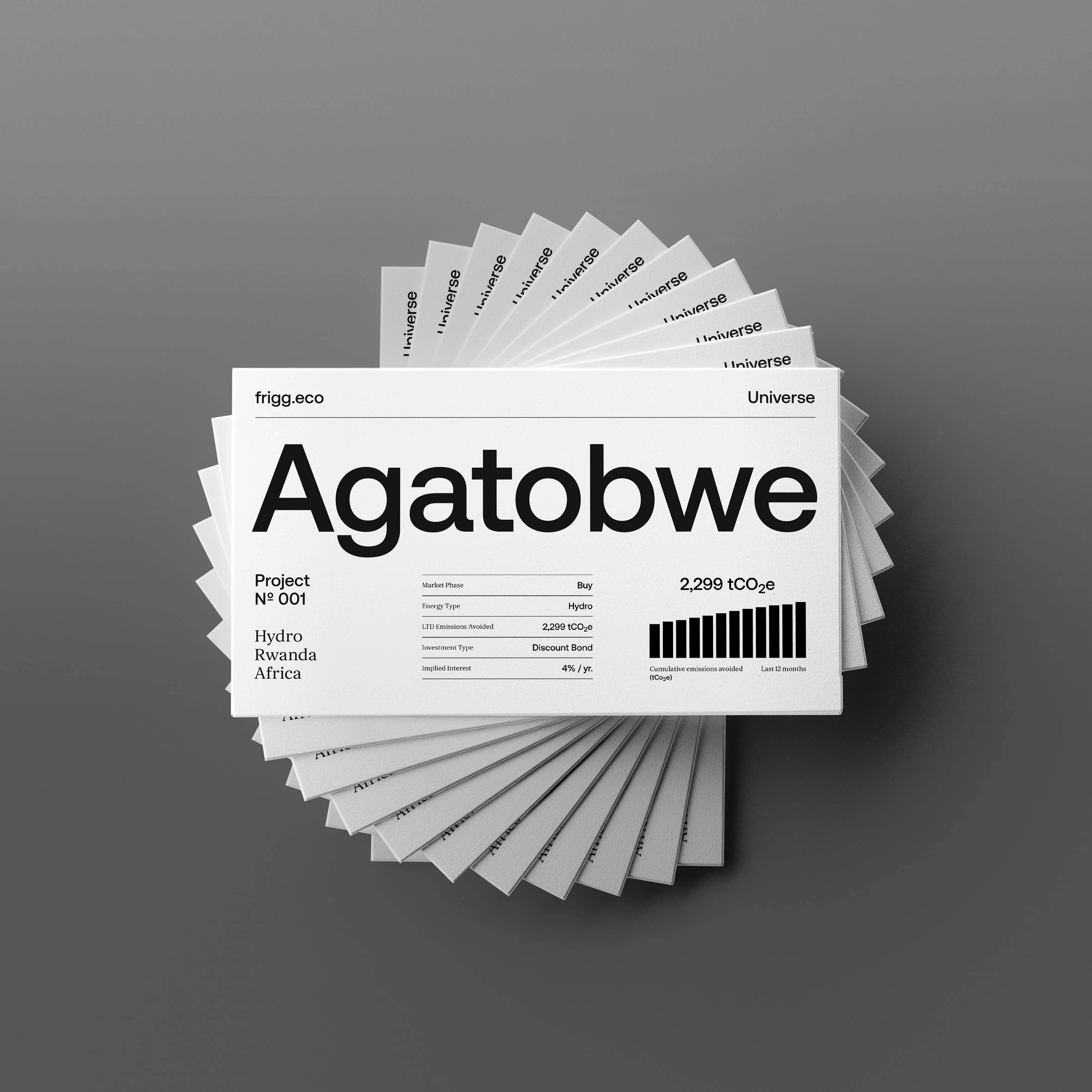Dec 5, 2023
The benefits of using DeFi for sustainable financing
Governments and companies are committing to ambitious carbon reduction goals for years, but investors are struggling to find projects where they have promised returns and invest sustainably. Financing of sustainable projects need to be significantly upscaled to achieve climate goals.
Our mission
Frigg splits the ownership of sustainable projects into smaller parts by tokenizing their equity and debt financing. Every investor, small or large, can be provided with an equal investment opportunity.
By tokenizing a hydro asset, the ownership can be split into fractions in the form of tokens which enables anyone and anywhere the opportunity to invest, vote and track real time performance.
It is estimated that the world needs around $5 annually to achieve net zero carbon emissions by 2050.
Relevance for Renewable Energy
Renewable energy is crucial for achieving climate goals, but the scale of investment in clean energy needs to increase significantly. Estimates show that $5–7 trillion per year is needed to meet the Sustainable Development Goals and transition to a green energy infrastructure.
Developing countries, in particular, face a funding gap of $2.5 trillion per year and often lack the means to leapfrog carbon-intensive energy development.
Africa, where over half of the world’s population without access to electricity resides, has a significant untapped renewable energy potential but faces barriers in financing.
Conventional financing models, such as infrastructure funds, are not accessible to a wide range of investors and lack transparency, leading to high financing costs.
Creative financial solutions, such as green bonds and continent-focused funds, have emerged but still require a significant percentage of equity financing. Studies have found that the weighted average cost of capital for renewable energy projects in developing economies is notably higher, leading to development barriers.
Under conventional financing models, developing countries remain in a climate finance trap exacerbated by high cost of finance. Therefore, innovative financial solutions and policies are needed to increase investment in renewable energy in developing countries.

We guarantee partner transparency as there are no financial intermediaries between investors and project developers. Investing in green bonds is usually non-transparent and requires many layers of bureaucracy.
In addition, to generate and verify the data sometimes takes months. Blockchain technology allows tracking of hydro plants to verify their generated renewable power and thus instant information on e.g., carbon reduction.
This could lower financing costs for all kinds of projects. Imagine a remote community in Rwanda building a DeFi-funded solar microgrid to power a new irrigation system and you get an idea of the potential. Remote communities could be built in Rwanda to power a solar microgrid funded through DeFi.
Related Articles
Frigg, an award-winning Swiss startup, announces its partnership with the Julius Baer Global Web 3.0 Program, in collaboration with Tenity. This initiative connects Julius Baer with innovative Web 3.0 startups across Europe and Asia Pacific, focused on exploring and integrating new technologies in the wealth management industry.
We launched our biggest-ever update: Frigg Intelligence, a game-changing layer of analysis and benchmarking built directly into the Frigg platform. It leverages insights from 20,000+ renewable energy projects to benchmark performance and risk in ways that are both actionable and tailored.